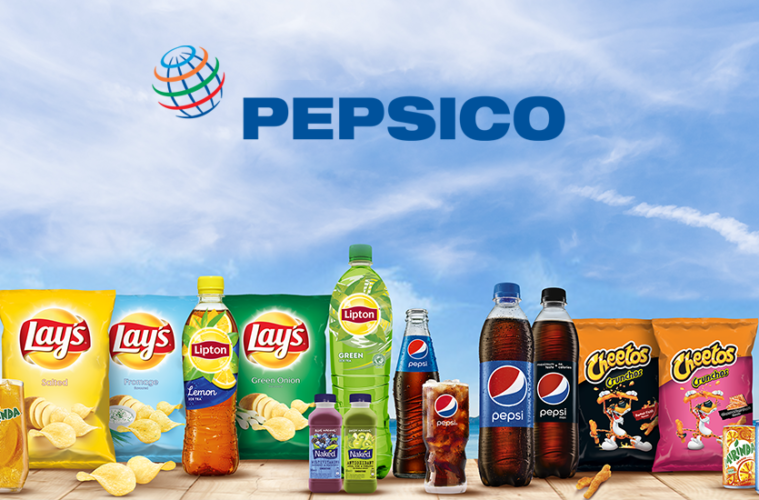Global food, beverage, and snack company PepsiCo, has agreed to a 20% reduction in total virgin non-renewable plastic use across its brands by 2030 following engagement with the As You Sow foundation.
Pepsi reached an agreement with As You Sow in March this year to set a plastic reduction target following the filing of a shareholder resolution on the topic, but needed time to assess the size of the cuts.
With this commitment, Pepsi hopes to reduce its use of virgin non-renewable plastic by about 460,000 tons over the next nine years, and result in a 50% cut in virgin non-renewable plastic. The company projects that by expanding its SodaStream business it could avoid the use of 200 billion plastic bottles by 2030.
“We are pleased that the company set a significant goal to reduce plastic use by one-fifth. However, we have some concern that the timeline for reduction is five years longer than several of its peers have committed to,” said Conrad MacKerron, senior vice president of As You Sow.
Four other companies Keurig Dr. Pepper, Mondelez International, Target Corp., and Walmart Inc. agreed to virgin plastic reductions earlier this year that will be achieved by 2025.
“Given Pepsi’s huge plastic footprint and rapidly increasing pollution of land and oceans by plastic packaging, reductions need to be achieved as quickly as possible,” MacKerron explained.
In 2020, PepsiCo ranked as a laggard company with a D+ grade in As You Sow’s Waste and Opportunity report, which scored 50 companies on plastic pollution. The company’s new commitments do not address some of its lowest scoring areas relating to increasing reusable and refillable packaging and far higher financial support for recycling infrastructure to secure recycled material.
As You Sow’s efforts have been powered by a 2020 landmark study by Pew Charitable Trusts, Breaking the Plastic Wave, which modeled actions needed to reduce 80% of the plastic pollution that flows into oceans by 2040. The report said immediate and sustained new commitments throughout the plastics value chain are needed, including actions by brand owners, consumer goods companies, and retailers to reduce at least one-third of plastic demand through elimination, reuse, and new delivery models.
The largest cut in overall plastic use to date by a major consumer goods company was a 2019 commitment by Unilever to cut virgin plastic use by 50%, including a total elimination of 100,000 tons of plastic packaging by 2025.


